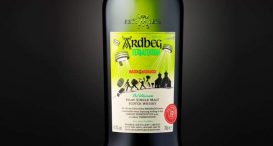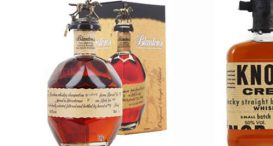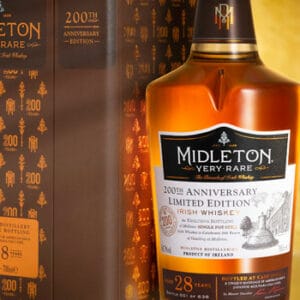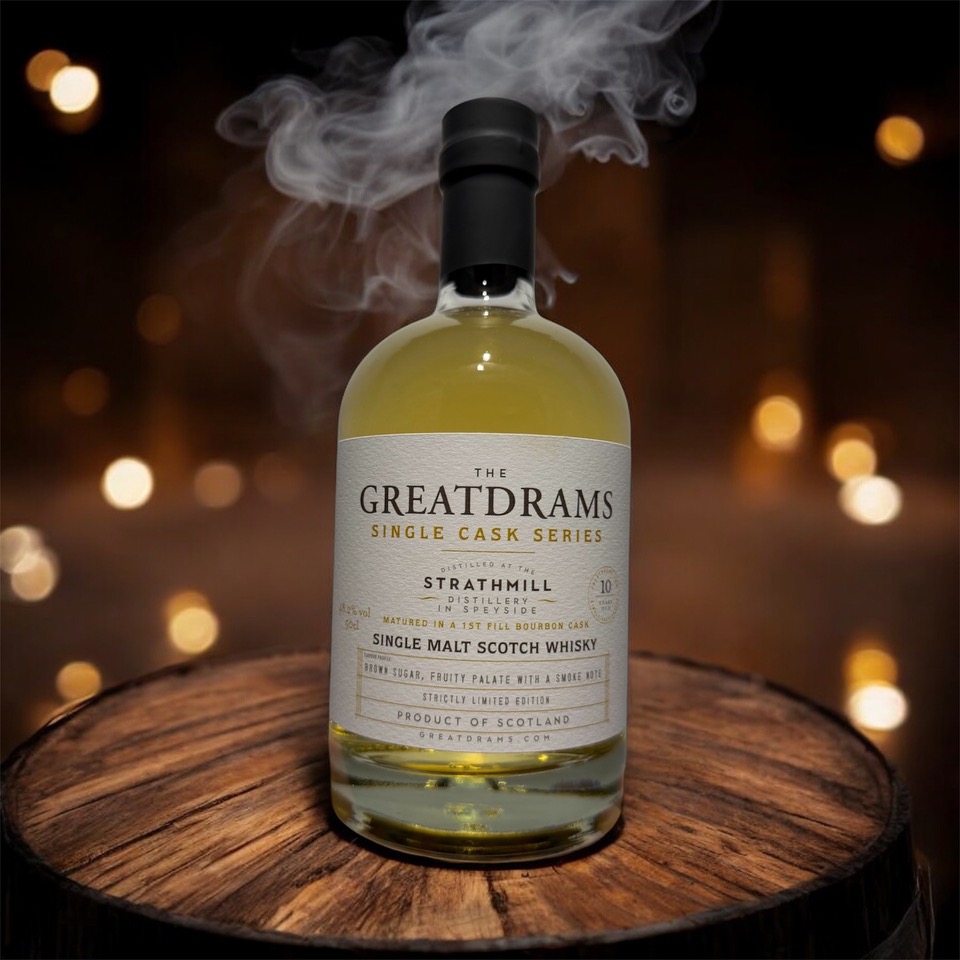Focus on the whisky process: Water
let’s begin
One of the three main ingredients in Whisky, water is vital to the final flavour and quality of the product.
During the production process water is split into two categories, production water and process water.
Production water is used in the tun to make the wort and process water is used to create steam that will heat the stills and cool the condensers.
The production water needs to be rich in calcium and will often be drawn from a separate water source than the process water.
Production water, since it needs to be of a higher quality, is often found in less plentiful means, and therefore is not used as process water.
Often, brands will put a lot of emphasis on water and the effect it has on the final product, but in actual fact, it does not have an over noticeable effect.
However, a good water source means that yeast will be better preserved during the fermentation process. Yeast feeds off calcium and magnesium, and these are cannot legally be added to the water used.
Therefore, a water source that is high in these components is precious to any distillery.
Soft water with high nutrients is the most effective but since water sources are often scarce, most distilleries will close in the summer months when water levels are low.
Is it important? Does it matter? What do different distilleries say about it?
Water only introduces slight characteristics to whisky. Depending on whether it is hard, soft or spring water, it will have a different effect. The minerals in the water will change the taste, but only slightly.
Most water is removed during the distillation process and therefore doesn’t really lend itself to the flavour. However, Whisky is then diluted with water, so the flavour can through more here.
Bottling at cask strength is becoming more and more popular however, so people have the choice of how diluted they want their Whisky to be.
Some people prefer to drink their Whisky with a drop of water as this unlocks some of the flavour. The best water to use for this is deionised as this has a neutral flavour that will not impair the taste of the Whisky.
Salt and hydrogen carbonate will have the biggest effect of the flavour of Whisky, so it is best to drink water that has lower amount of these.
Check out this piece from Glenglassaugh Brand Ambassador Stewart Buchanan talking about why water is more important to smaller distilleries than bigger ones, as it results in a sweeter new make spirit.
Go on any distillery tour and you will most certainly hear an over excited tour guide wax lyrical about the magic of that particular distillery’s water source.
A lot of distilleries pride themselves on their local water sources, especially if it has a name that sounds impressive, which means it is most likely to have a Gaelic word beside “burn”.
But what bearing does water actually have on Whisky? And does it really matter to taste?
In short, yes, water is an important factor in the Whisky making process and can effect taste. However, this effect is minimal and does not account for much of the end product.
Water is used from start to finish in the distilling process, both directly, when it is mixed with grains or used to water down the final product, and indirectly, when it is used to cool or steam things.
It kind of makes sense that it would effect the final flavour, but the extent to which it does it hotly debated.
But water only introduces slight characteristics to whisky and depending on whether it is hard, soft or spring water, it will have a different effect.
The minerals in the water will change the taste, but only slightly.
In practical terms, most of the water in the wash is removed during the distillation process, when the mix is heated just enough to let the alcohol evaporate off, and thereby separate from the water.
Because of this, only a small amount is left, which doesn’t really lend itself to the flavour, and the water that has been used in these processes is usually of the highest quality and completely pure.
However, before the wash has even reached this stage, water has played an important part in developing a fuller flavour, as hot water is added to encourage the process in which starches are made into sugars.
Water also plays an important part at the end of the distillation process. Unless Whisky is being bottled at cask strength, it is diluted with water, so the flavour can come through more after this point.
Bottling at cask strength is becoming more and more popular, so this is giving the mass marketmore choice in how diluted they want their Whisky to be.
But what do the experts say?
Neil McDougall of the Environmental Manager at Diageo understands the importance of water better than most, and claims that “I could get this site to use less water, but that would change the character of the whisky, which is linked to the volume of water you use to make it. It’s all to do with the cooling and the cleaning process. That’s where you use most of your water and that’s what can impact character.”
What we can derive from this is perhaps that is more the volume of water than the water itself that changes the flavour of the Whisky.
A higher volume of water will cool the liquid faster, therefore stopping the biological processes converting starch to sugar and sugar to alcohol in a shorter amount of time.
Stewart Buchanan,Brand Ambassador at Glenglassaugh believes water is more important to smaller distilleries as it creates a sweeter new make spirit, “When you mash the barley together with the water, it really protects the barley flavour and all the minerals in the water. That’s why Glenglassaugh has one of the sweetest new make spirits in Scotland.”
Glenglassaugh have an especially small water source, meaning that even if they wanted to make more Whisky, they simply could not without drying up their resources.
This means that water actually has a big impact on how this Whisky is made and what the end result is, since it dictates exactly how much can be created in a single year.
Ultimately, there is no right way to answer the question of the importance of water, all we really know for definite is that water is necessary for the creation of Whisky.
The Scotch Whisky Association sum it up pretty well when they say “While some believe water to be a decisive factor, adjoining distilleries which draw their water from similar sources are known to produce whiskies that are quite dissimilar in flavour”.
So there you, there is a debate, but if we really want to look at it under a microscope, the best way to do that is to compare Whisky with the same water source.
Just don’t try too many at once, or you will be wishing you had been drinking water the next morning!














